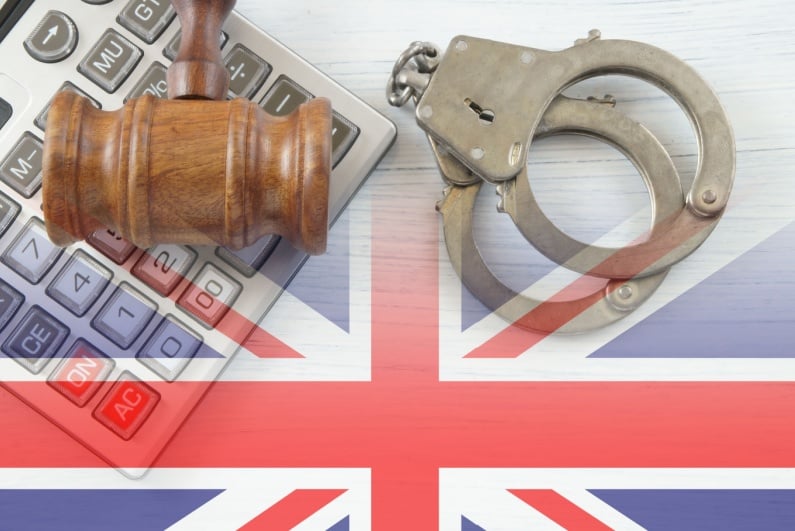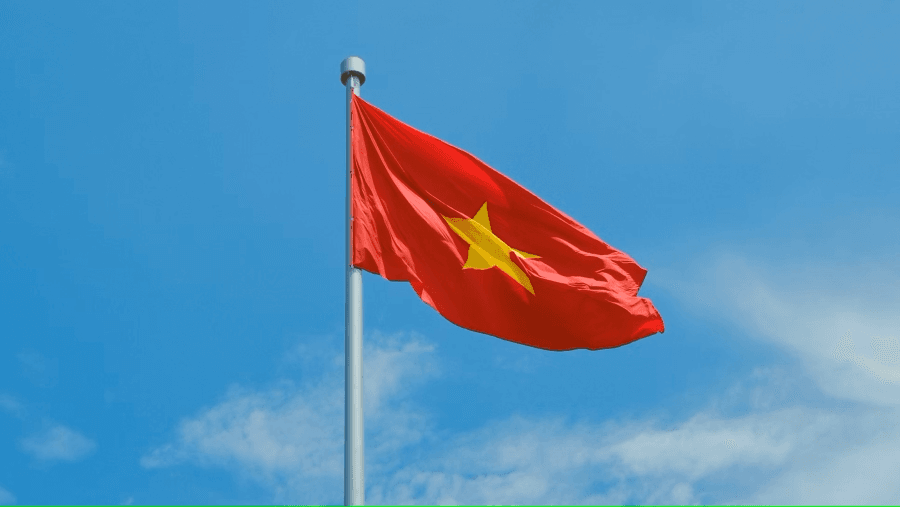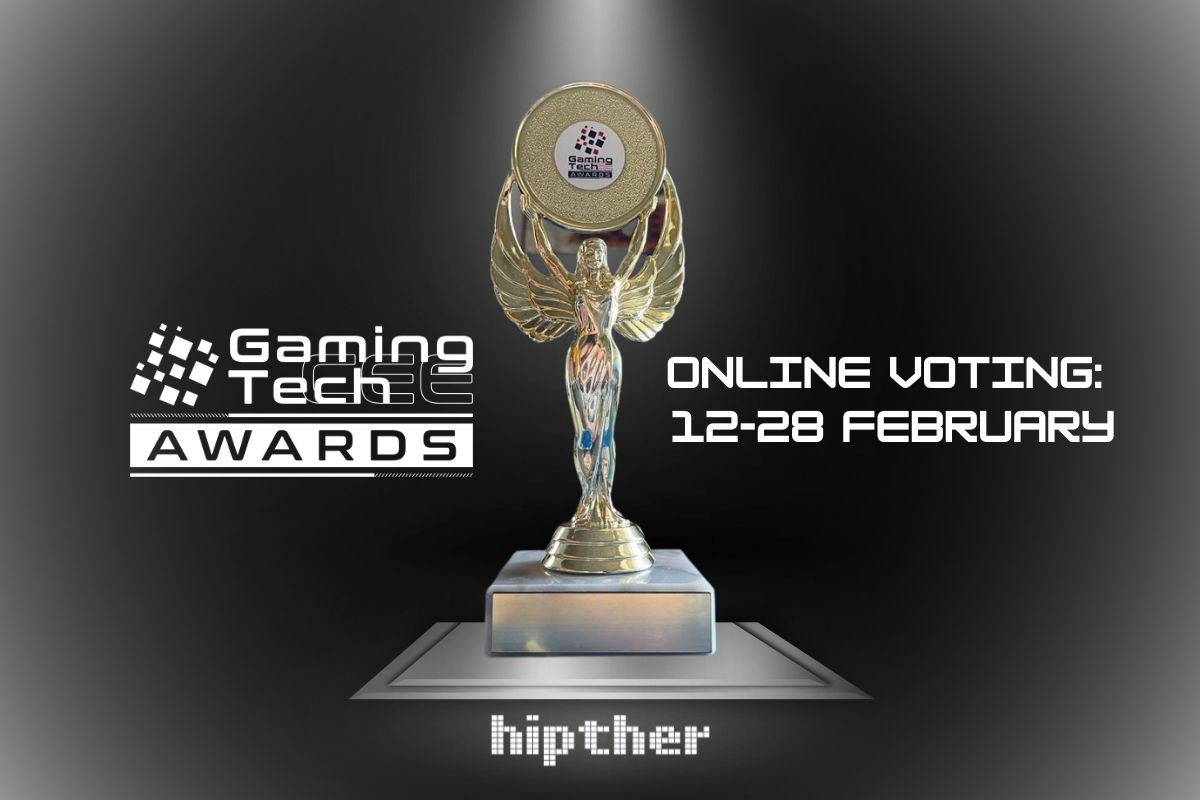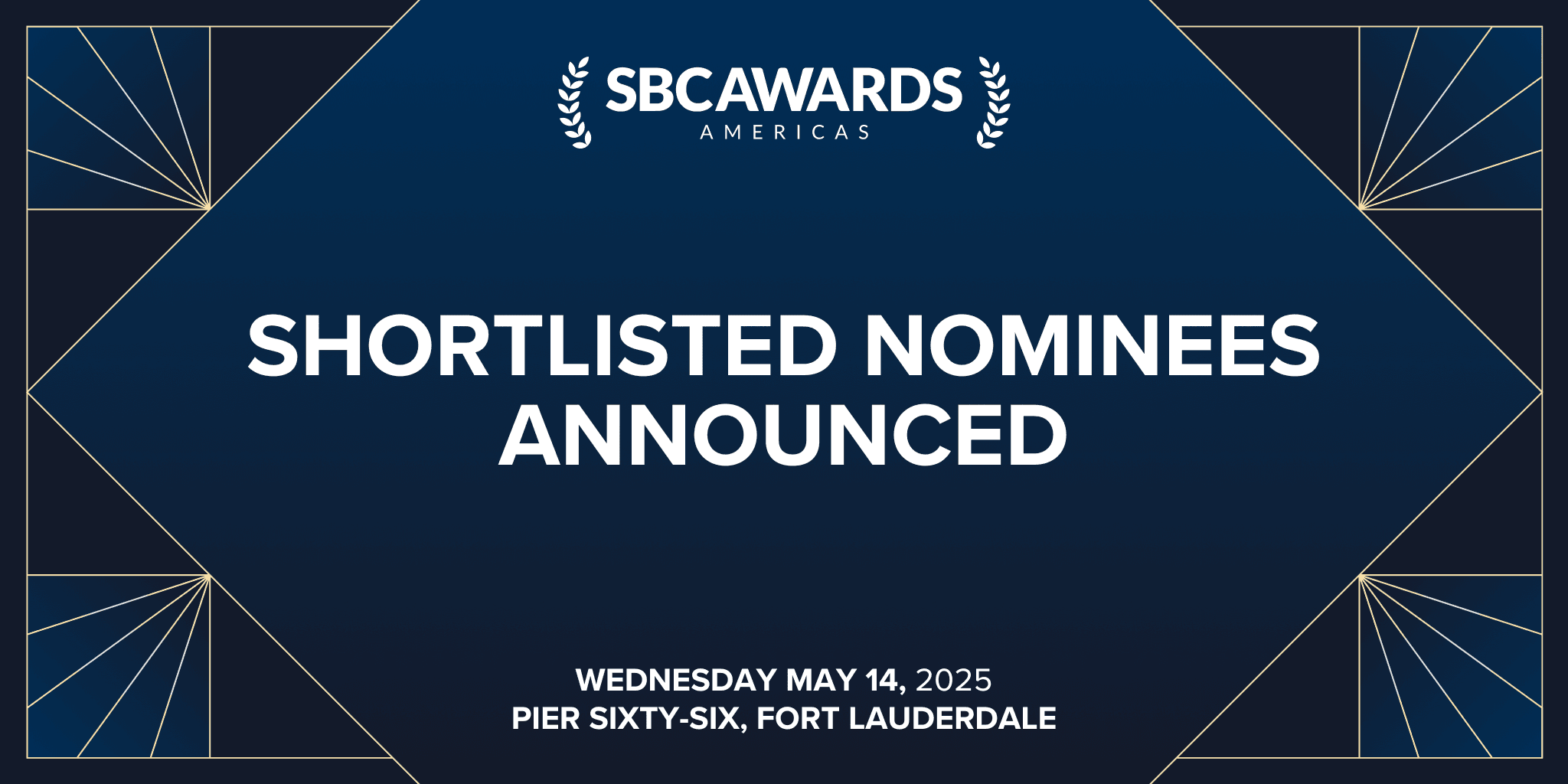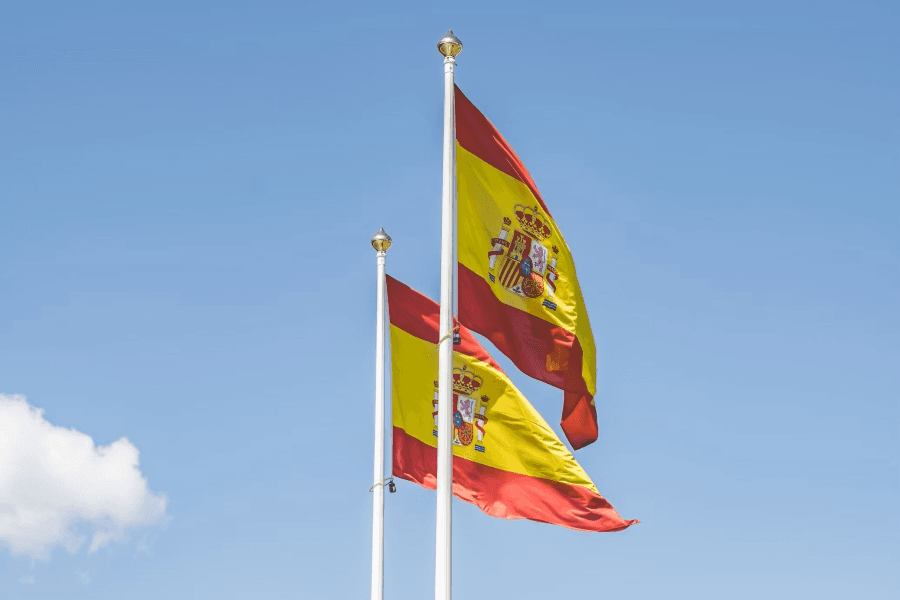


Italy’s Gambling Reform Accelerates: Market Consolidation Deepens as Major Operators Take the Lead

Italy’s Gambling Reform Accelerates: Market Consolidation Deepens as Major Operators Take the Lead
With licensing thresholds rising and permit fees increasing, Italy’s online gambling market is undergoing a major consolidation, which could see half of all operators forced out. This trend is no coincidence—it is the result of deliberate regulatory strategy.
On May 30, Italy’s Customs and Monopolies Agency (ADM) officially closed the application window for the new round of remote gambling concessions. While the final list of licensees will be announced this summer, industry observers widely expect this process to reshape one of Europe’s largest gambling markets.
Moreno Marasco, president of the online gambling association LOGiCO, predicted in an earlier interview with SiGMA that the number of active operators would be significantly reduced. Unlike the previous round that attracted 93 applicants, this round saw only about 50 submissions. Of those, only around 33 are expected to be awarded licenses—meaning the current pool of 81 remote operators could shrink by nearly 60%.
“Despite the market’s continued growth in both size and revenue, this reform will cause a significant contraction and fundamentally change the competitive landscape,” said Marasco.
Higher Entry Barriers Accelerate Consolidation
One of the key drivers of this consolidation is the sharp increase in entry requirements by the ADM. Most notable is the €7 million licensing fee per brand, which has deterred many small and mid-sized operators.
Christian Tirabassi, founder of Ficom Leisure and M&A advisor, described this move as intentional. “In the past, small companies could enter a multibillion-euro market with an investment as low as €250,000. Regulators now want to eliminate these ‘small players’ to make the market more regulated and professional.”
He emphasized that the new licensing process favors companies with strong capital reserves, robust compliance structures, and a solid capacity to enforce anti-money laundering policies. “You can’t expect a company that skips a €5,000 audit to run a business in such a sensitive industry.”
Revenue Concentrates in Top-Tier Firms
The new regulatory framework is not only costly but also imposes a heavy tax burden: online sports betting and online casino operators must pay 24.5% and 25.5% GGR tax respectively, along with an additional 3% annual fee and up to €1 million in responsible gambling contributions.
These stricter financial and compliance standards are accelerating mergers and acquisitions across the industry. Ficom has already facilitated several such deals among mid-sized firms, signaling a future market dominated by large, omnichannel, multi-vertical operators. Tirabassi predicts: “Only 30 to 35 companies will ultimately remain, but they will control more than 80% of the online gambling revenue.”
He believes the new licensing cost structure is a “return to rationality” that encourages industry-wide professionalization. “This is a form of natural selection.”
Reform Forces Industry Modernization
At the same time, the Italian government is pursuing broader gambling reform, including changes to land-based operations. Although local opposition has delayed retail market reforms until mid-2026, the long-term goals are clear: unified regulation, cash flow control, mandatory identity verification, and enhanced self-exclusion mechanisms.
For the online sector, new player protection tools are in the works, including mandatory deposit limits, session time restrictions, and automatic behavior alert systems. Users aged 18 to 24 will also face stricter controls—making Italy the first European country to introduce such measures.
Italy legalized gambling as early as 2006, becoming one of Europe’s first regulated markets. In 2024, its total gambling revenue reached €21.6 billion, a 4.4% year-on-year increase, with online gambling accounting for approximately €5 billion.
Giants Move Early: Flutter Bets on Snai
The ongoing consolidation has drawn major attention from capital markets. In 2023, Flutter acquired Playtech’s Snaitech for €2.3 billion, gaining not just a powerful brand but also laying the groundwork to integrate assets like Sisal and PokerStars. Analysts at Jefferies estimate this deal could give Flutter up to a 30% market share in Italy.
According to 2023 data, Flutter’s brands already command 15% of Italy’s online GGR share, with Snaitech alone contributing 10%.
National Lottery Renewal Highlights “Money Rules”
One of the clearest signs that money is now the main entry barrier is the renewal of Italy’s national lottery license. The LottoItalia consortium, led by IGT, secured a new term with a €2.23 billion bid—more than double the minimum requirement—beating out competition from Flutter and others. This underscores a central truth about the Italian gambling market today: financial resources and scale are essential for participation.

